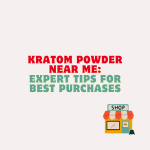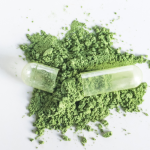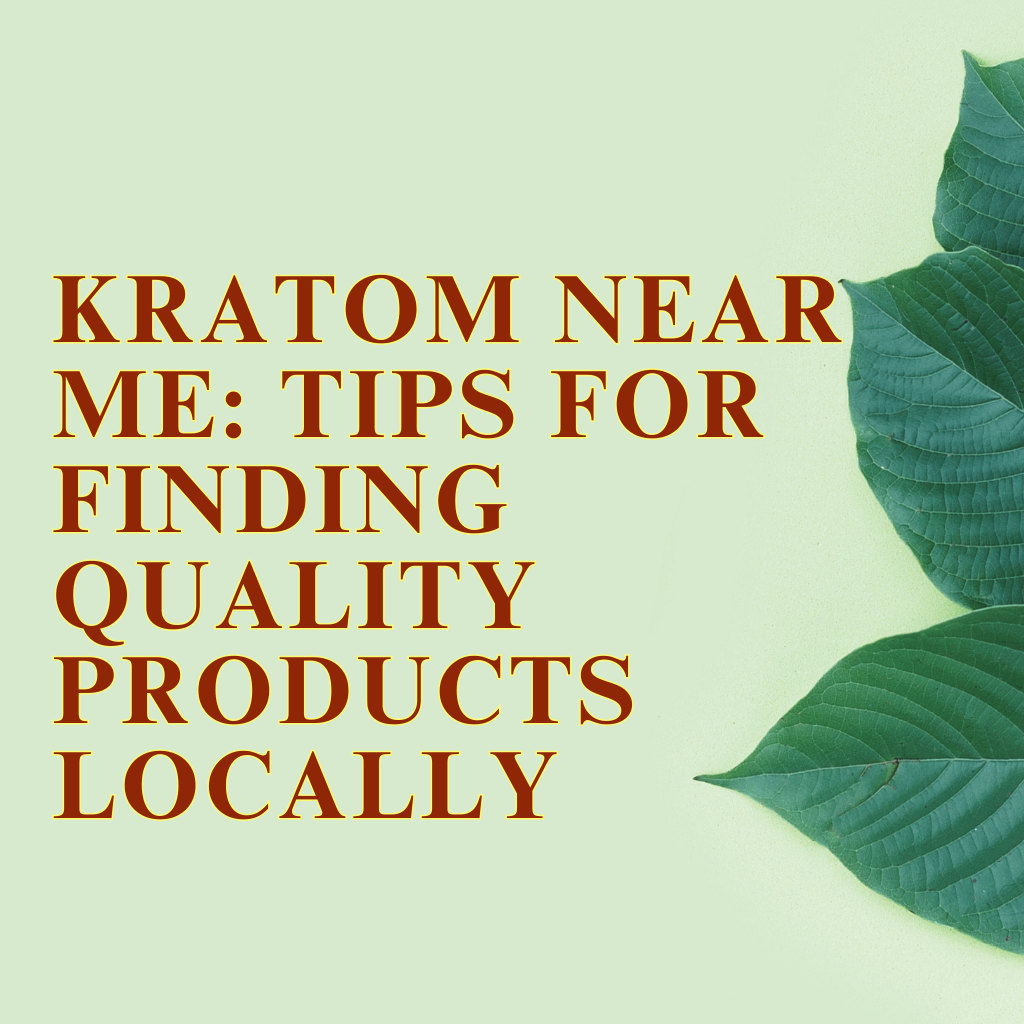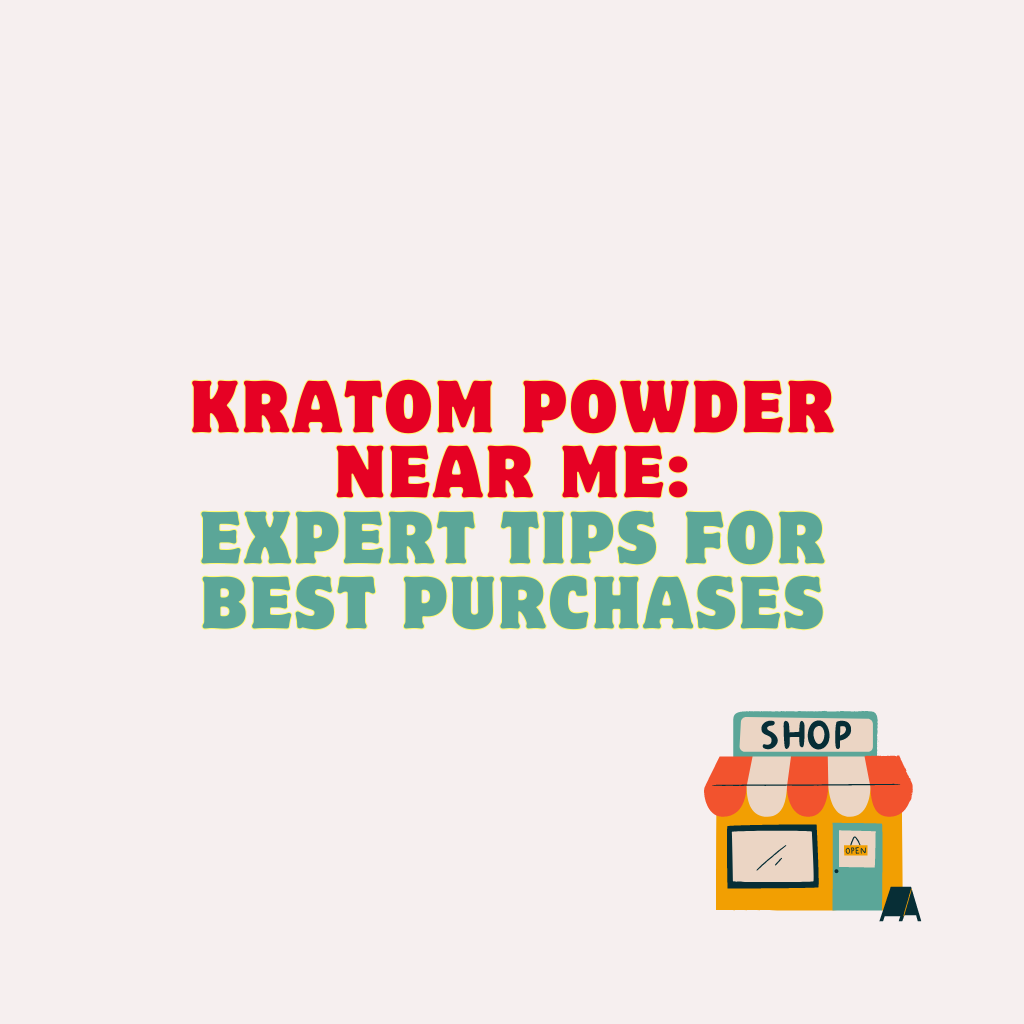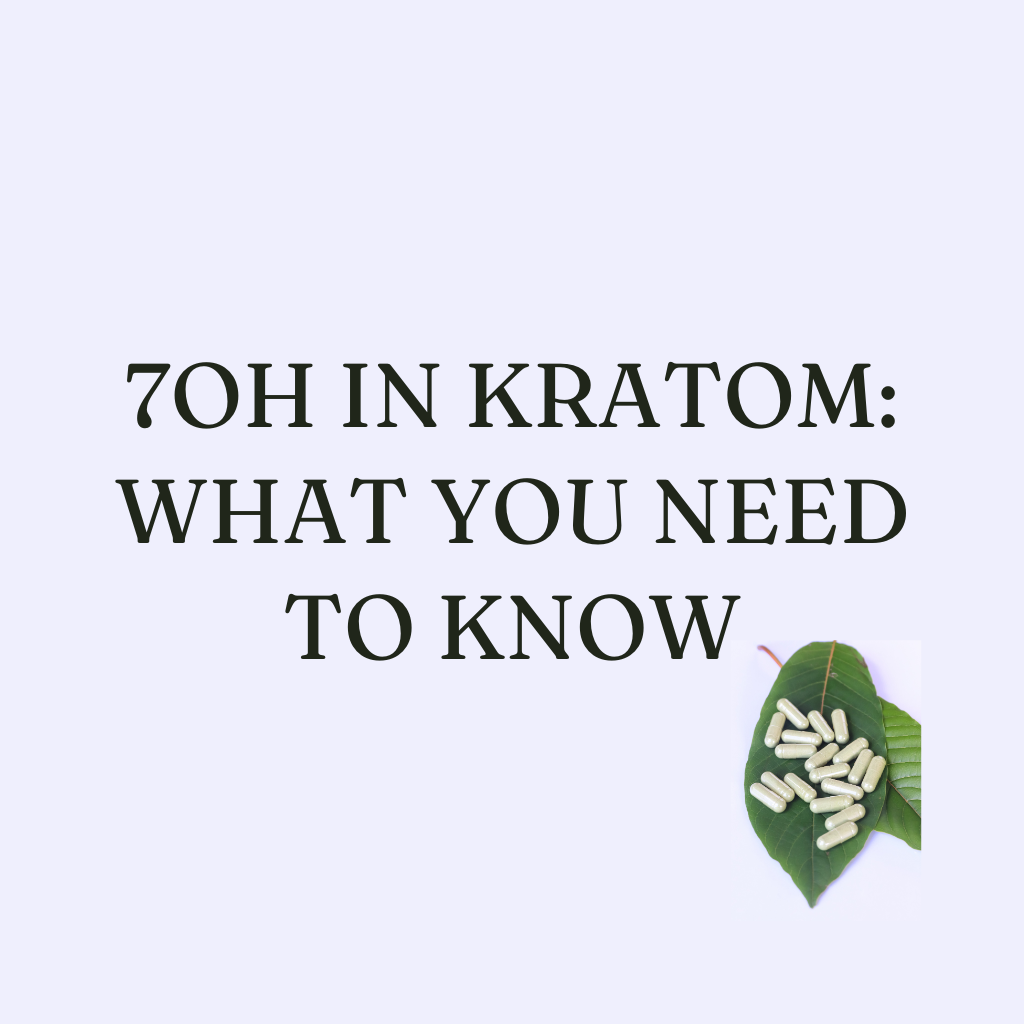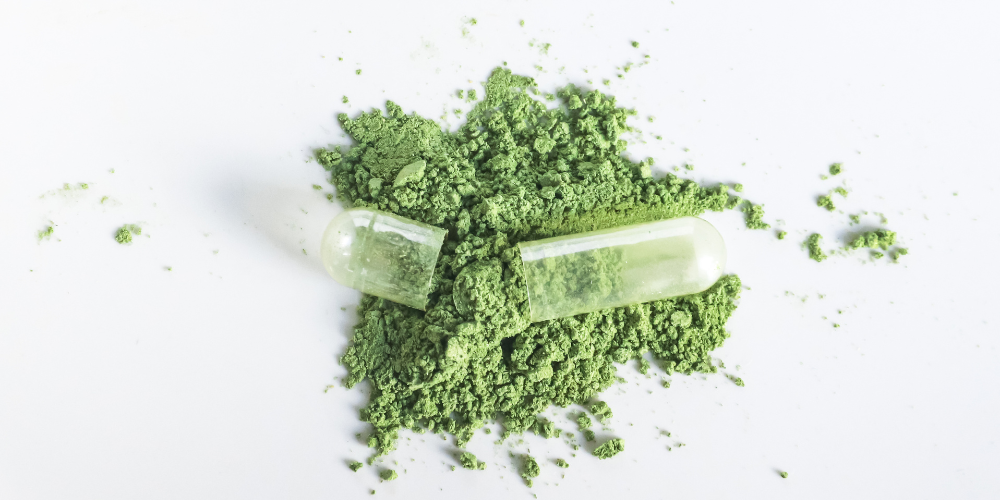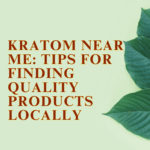
Free Shipping on Orders Over $75!
JOIN OUR EMAIL LIST FOR 20% OFF, weekly coupons up to 30% OFF
How Does Kratom Affect Your Heart? [and How To Recognize Them]

Kratom products are in hot demand and may have several therapeutic benefits, but it has some side effects, too. If you’re concerned about kratom’s impact on your heart, you’ve come to the right place.
Kratom is associated with heart-related problems, in rare cases. However, there is little high-quality research in this area. Researchers have suggested that kratom may increase the likelihood of high blood pressures, heartburn, and arrhythmias – the most dangerous arrhythmia being torsades de pointes.
Join me on this deep dive into kratom’s interactions with the heart. I’ve got lots to share on whether kratom could damage your heart and how, and on how you can minimize the risk of side effects when taking kratom.
Does Kratom Damage Your Heart?
Kratom may damage your heart, but in most cases, the risk appears low. Moreover, your likelihood of developing heart problems due to kratom also depends on other factors – age, weight, diet, and pre-existing health conditions to name a few.
For example, if you have a heart condition, you might want to avoid kratom.
Frustratingly, the lack of research means we aren’t sure about kratom’s effect on the heart. The risk may be overblown, or it could be a bigger issue than currently believed.
Millions safely enjoy kratom products in America alone, so the risk is not severe. However, the absence of good science makes it impossible to speak with confidence.
Studies have explored general kratom side effects, and these papers give a glimpse into what’s going on with kratom and the heart.
A 2017 paper found that around 1 in 140 kratom users experience heart palpitations while just under 1 in 400 were affected by hypertension or high blood pressure.
In addition, a 2021 study from Texas A&M University-San Antonio looked at possible kratom side effects by analyzing social media posts. They found that 1 in 10 negative comments about kratom on Twitter and Reddit were heartburn complaints.
In most cases, heartburn is mild and resolves on its own. Thankfully, no other heart issues showed up on the researchers’ list of negative kratom social media posts.
US federal government agencies – notably the FDA and the DEA – have warned about kratom for a few years. Indeed, the DEA tried to get kratom reclassified as a Schedule 1 substance back in 2016.
These agencies regularly sound the alarm that kratom is dangerous, unproven, and unregulated.
Poison Control centers around the United States recorded 1800 cases linked to kratom between 2011 and 2017. From these cases, around half were associated with seizures and high blood pressure.
However, these are still low numbers over seven years in a country where millions take kratom.
Even if kratom has some risks, there’s no indication it’s more dangerous than other substances freely available in society. Alcohol is addictive and potentially deadly, but it’s up there.
Even caffeine can trigger heart palpitations. We should keep kratom in perspective with other substances when discussing its risks.
The unregulated nature of the kratom industry doesn’t help either. With no standards for companies to meet on safety and quality, scammers and other bad actors have seized on the opportunity.
Bad-quality kratom may simply be weak, but it could also be very harmful.
Since kratom isn’t regulated, it’s sometimes difficult to know how much to take. Product strengths vary depending on factors like strain and brand.
With no standardization in the industry, we are a bit in the dark about exactly how much kratom to take. Sadly, some get things badly wrong in this regard and end up with kratom poisoning.
When buying kratom, keep an eye out for third-party tested products. Companies like Kratom Krush, which have the confidence to get products independently tested, are much more trustworthy than secretive and shady businesses.
High blood pressure

Since there is a lack of research on kratom and changes in blood pressure, let’s focus on the statistic from the previous section that almost 1 in 400 kratom users experience high blood pressure (hypertension).
We don’t know what effects the alkaloids in kratom have on blood pressure. Very few studies have explored the effects of mitragynine, 7-hydroxymitragynine, mitraphylline, or any other of the 40-plus kratom alkaloids in much depth.
However, because high blood pressure symptoms are often subtle and easily missed, kratom could theoretically trigger hypertension in more than 1 in 400 cases. We also don’t know the health status of the group surveyed.
Factors such as weight, age, diet, how hard you exercise, and whether you smoke cigarettes may influence high blood pressure. These factors may have been over or underrepresented in the study, skewing the final results.
The Poison Control figures also need more scrutiny. Sure, there were 1800 reported cases due to kratom use between 2011 and 2017, but that only tells part of the story.
There is no information on dosages taken, whether the user had mixed kratom with other drugs. We also don’t know how many of the products were lab-tested.
Hence, the 1 in 400 figures is a good reference point and suggests kratom may cause high blood pressure in some people. But don’t treat it as a precise statistic.
I was surprised to notice that some kratom users on social media think low blood pressure could be attributed to kratom use. Kratom is a dry plant that soaks up moisture in your body and leads to dehydration, which could then lead to low blood pressure.
If you have never suffered from blood pressure issues, you probably won’t have any dramas with kratom. But if high blood pressure is a recurring problem in your life, you may want to think twice.
Blood pressure can soar from anxiety alone, so if you have any reservations about kratom, going ahead with it could result in an unpleasant experience.
Arrhythmias
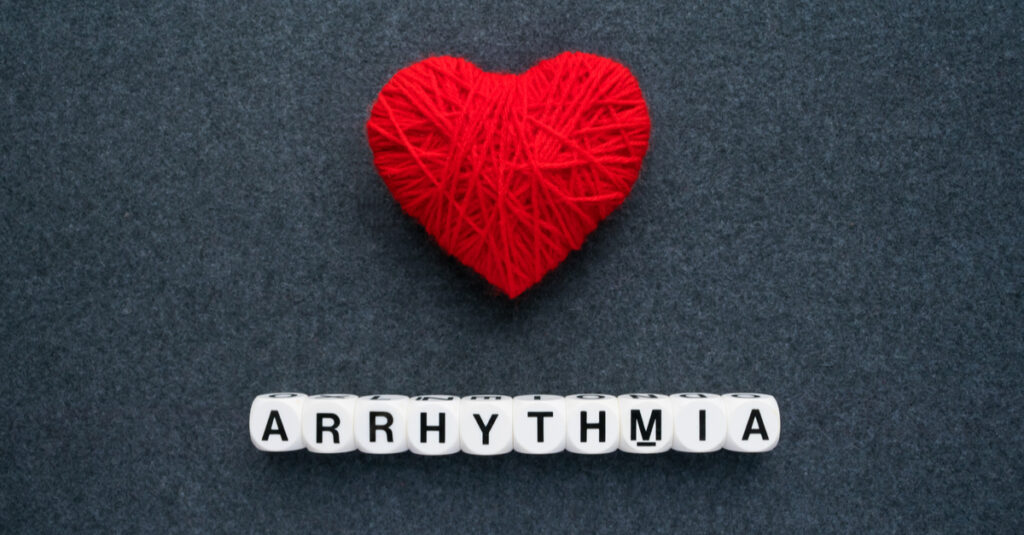
An arrhythmia stands for an abnormal heart rhythm. Arrhythmias are scary but are not necessarily anything to worry about. Some people live their whole lives with harmless arrhythmias.
However, arrhythmias are sometimes more dangerous and occasionally deadly.
Kratom use may increase the risk of arrhythmia. A 2014 study found a link between kratom use and torsades de pointes, an unusual arrhythmia that can trigger a cardiac arrest.
The study was featured in the Public Library of Science, and concluded that mitragynine and other kratom alkaloids may increase the risk of torsades de pointes. Several prescription drugs have been taken off the market in recent decades due to torsades de pointes fears.
Furthermore, another study – looking at a patient whose death was attributed to kratom use – found that the patient had an arrhythmia shortly before their death.
Another paper, featured in The Journal of the Intensive Care Society, suggested that a “brief period of ventricular arrhythmia” in a dying patient could be put down to kratom toxicity.
Let’s be clear: if they are occurring, kratom-caused arrhythmias are very rare. Most experience no issues when taking kratom.
But if you have a heart condition, it’s worth being aware. It’s also apparent that we need much more research on kratom and the heart to work out what’s really going on.
Steps to Take if You Notice Heart-Related Symptoms

Stop taking kratom if you notice any heart-related symptoms. Chest pain, pressure or tightness, shortness of breath, numbness, and pain are all warning signals that kratom may be harming you.
Perhaps kratom is helping you alleviate pain in other areas, and you don’t want to stop taking it. At the very least, stop temporarily or lower your dosage. Ignoring the problem could make it worse in the long run.
You might not want to consult with your doctor about kratom. I can’t deny that doctors are not keen on kratom and might tell you to stop taking it.
But if you are suffering from heart problems, you should get it checked out. Your doctor may recommend medication to clear up the symptoms.
Kratom is unpopular within the medical community due to its unproven status. However, the rise of natural solutions has not gone unnoticed, and health experts recognize that more and more people are turning to kratom.
Doctors are more aware of kratom risks than before and are better able to treat people affected.
How to Reduce Kratom Side Effects
You can manage the risk of kratom side effects by being sensible about how you use it. We’ve focussed on all the risks kratom may pose to the heart in this piece, so let me restore your confidence.
These problems are still very unusual and normally occur due to abuse rather than moderate consumption by your everyday kratom user. I hope the following tips help you keep your kratom experiences positive and safe.
Going too hard too early is a common mistake made by many kratom newbies. It’s easy to underestimate kratom’s strength and how sensitive your body is to it if you haven’t acquired tolerance.
You should always start slow when trying a new kratom strain or a product from a different brand.
Red-vein kratom has a calming effect, in contrast to the stimulating properties of white-vein kratom. Having awareness of a strain’s effects will eliminate any nasty surprises.
For example, a strain like White Thai is less likely to cause anxiety and paranoia if prepared for the energizing and psychoactive effects.
With any kratom strain, an initial dose of 2 to 3 grams will allow you to judge the effects. From there, you can increase gradually to moderate (4 to 7 grams) and higher dosages (7+ grams) with confidence.
However, I recommend not upping your dosage by more than 0.5 or 1g at a time. A steady and incremental dosage increase keeps you in tune with the effects.
For dosing precision, kratom capsules give you a set amount of kratom each time. If you use kratom powder, make sure you have a measuring spoon, so you aren’t playing guessing games with your dosage.
Not drinking alcohol or consuming any other drugs may also reduce the risk of kratom side effects and heart-related problems. Few studies have examined the safety of mixing kratom with other drugs.
But kratom is strong enough as it is, and taking it alongside other substances could cause unpleasant physical and mental effects. I never drink alcohol when taking kratom.
With dosage control key to avoiding side effects, what better way to monitor your consumption than with a journal? I always keep a record when trying a new strain, which I can refer to when deciding what my dosage should be.
Note down the amount, how you’ve taken it, and whether you suffered from any side effects.
Buying from a genuine brand also substantially improves your chances of having a hassle-free time with kratom. Untested products – often those sold in convenience stores and gas stations – can be dangerous. Highly-concentrated products, such as Kratom Shots, should also be taken with caution.
Kratom Krush is a top kratom vendor selling third-party tested products at fantastic prices. For kratom powder, capsules, leaves, and a range of extract products, head over to Kratom Krush today!
Did like a post? Share it with:
nimesh
Search
Table of Index
Post Categories
Related Posts
Where to buy kratom near me is a question that many users find themselves asking when looking for quality products
Finding the best Kratom Powder near me can feel difficult with so many options available locally. But steering through stores
Are you one of those scrolling on the internet for ‘7ALKS near me’? Are you looking for 7ALKS, 7-Hydroxy 15mg
7OH, or 7 hydroxymitragynine, is a significant alkaloid found in kratom that plays a crucial role in its effects. This
Curious about 7OH kratom? You’re not alone. As more people explore different botanical products, 7 hydroxymitragynine (7OH) has emerged as
Have you ever accidentally over-consumed kratom and experienced a hangover? Well, the good news is they’re easily avoidable. A kratom
Disclaimer
Must be 21 years or older to purchase kratom. Products are not for internal use. The US FDA Has Not Approved Kratom as a Dietary Supplement. We do not ship to the following states, cities and counties in the US where Kratom is banned Alabama, Arkansas, Indiana, Rhode Island, Tennessee, Vermont, Wisconsin. Sarasota County, Union County, Denver, San Diego, Louisiana. All sales should be 100% U.S. sales only.
Consult with a medical professional before use if taking prescription medication or affected by a serious medical condition. Always seek medical advice before using this or any other supplemental dietary product. These statements have not been evaluated by the Food and Drug Administration (FDA).
© 2025 Kratom Krush. All Rights Reserved. Operated by XXIV LLC Privacy PolicyTerms & Conditions


